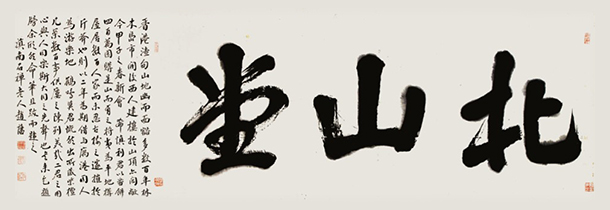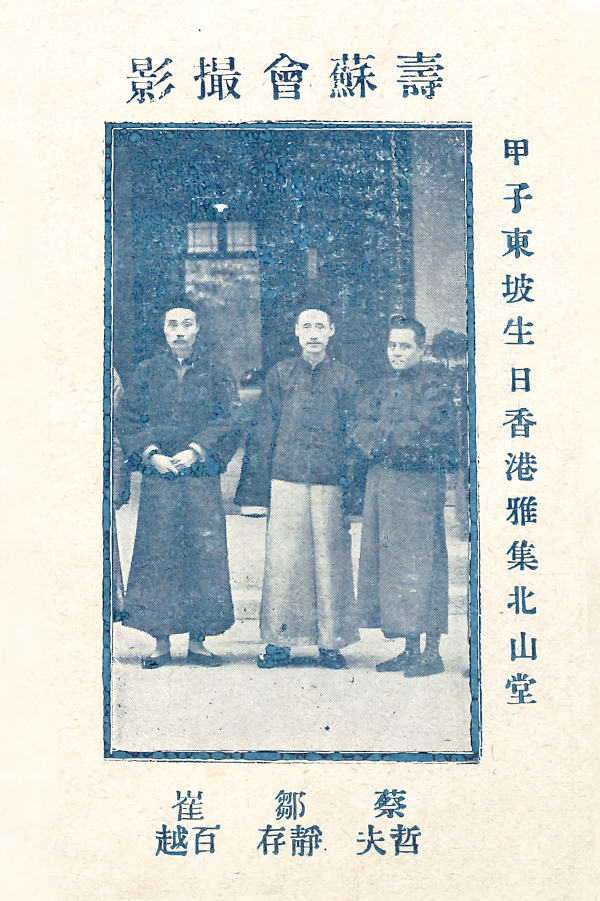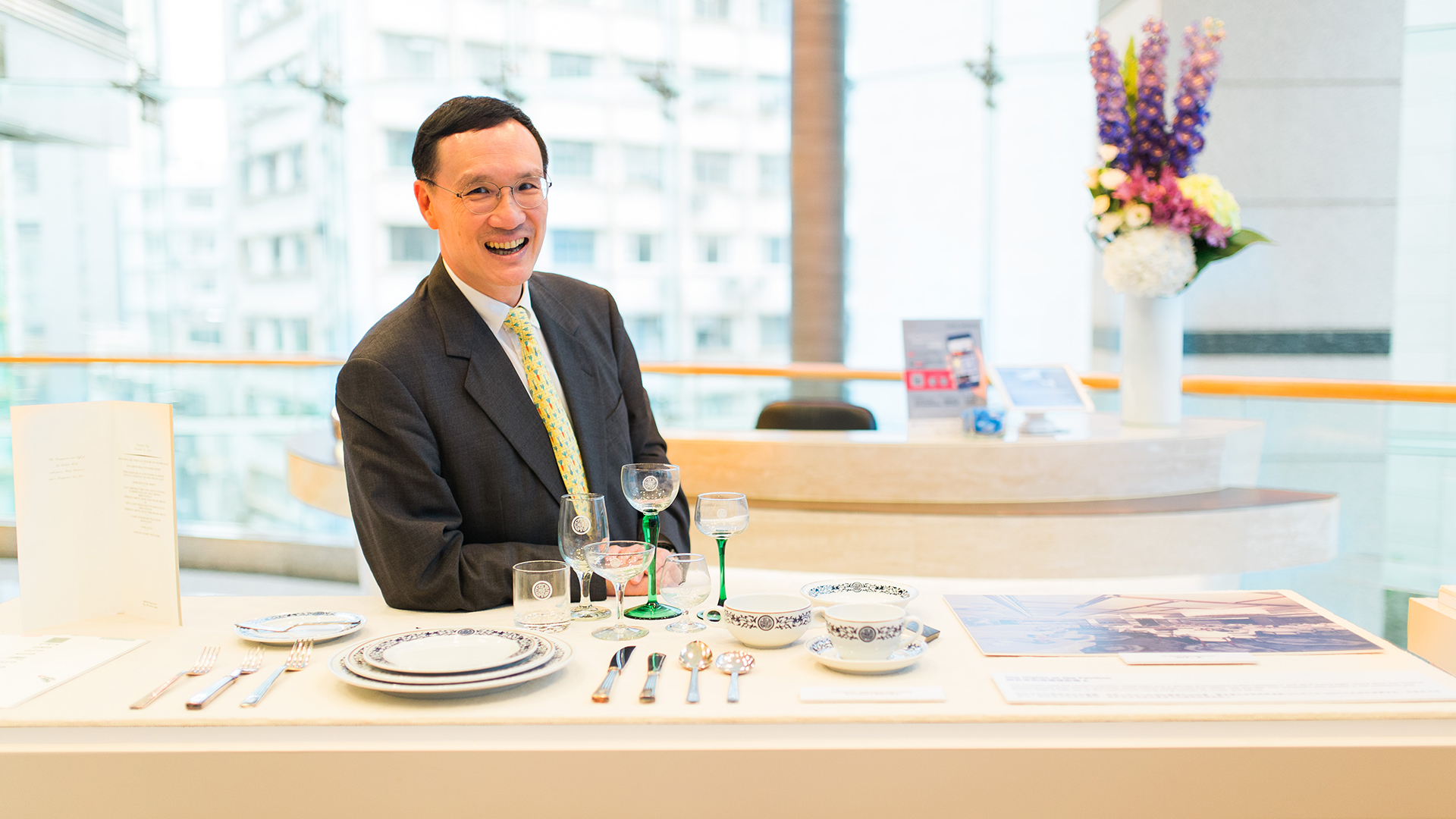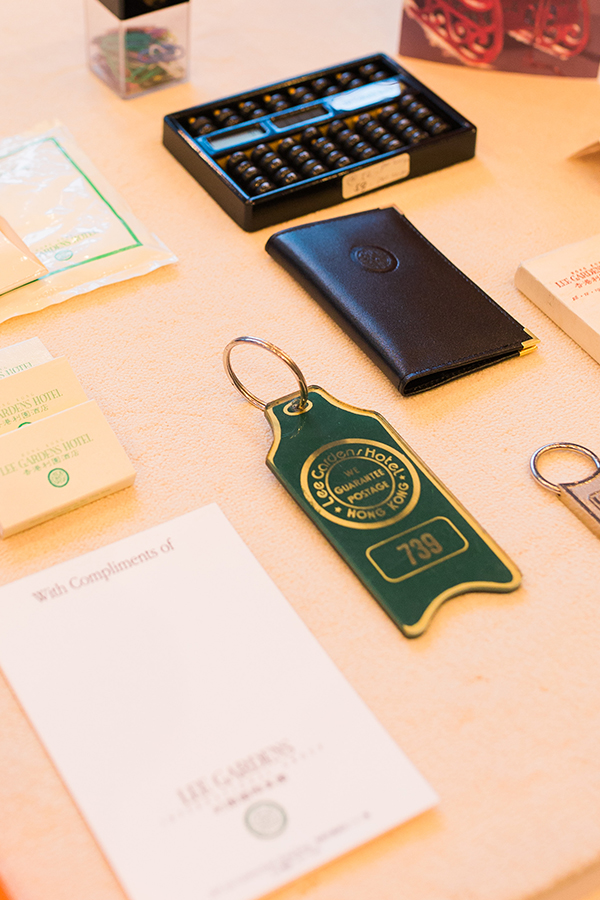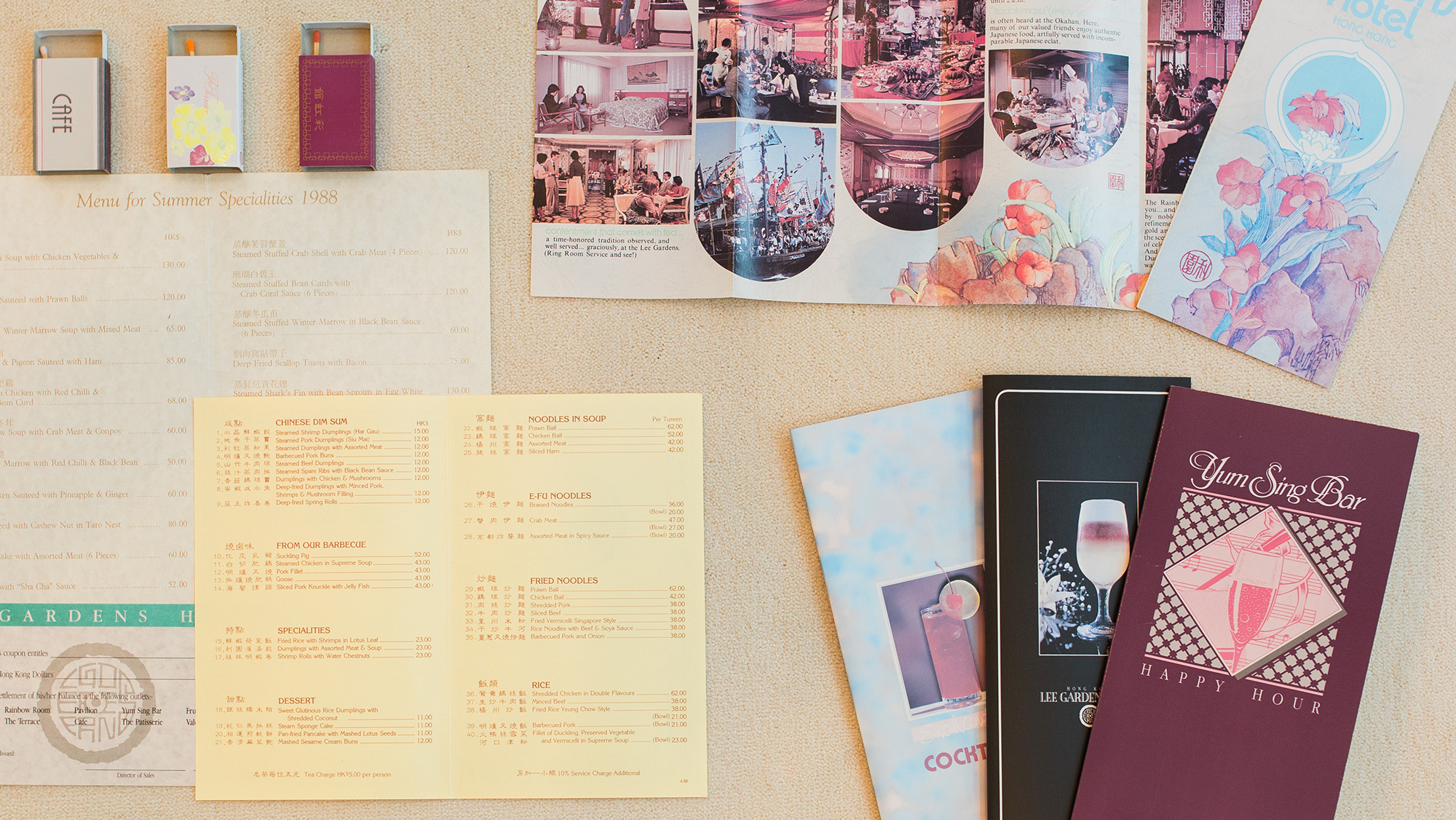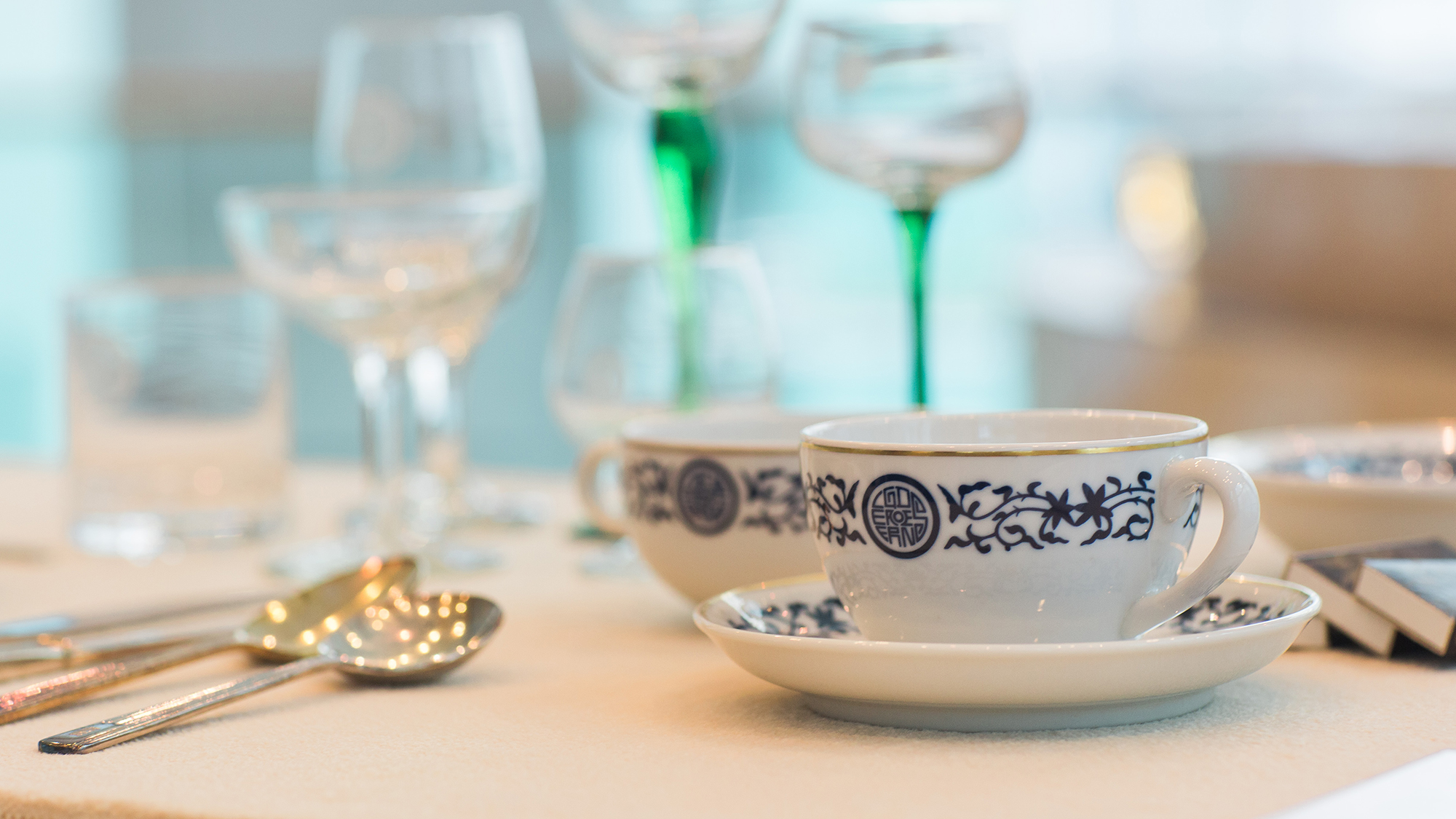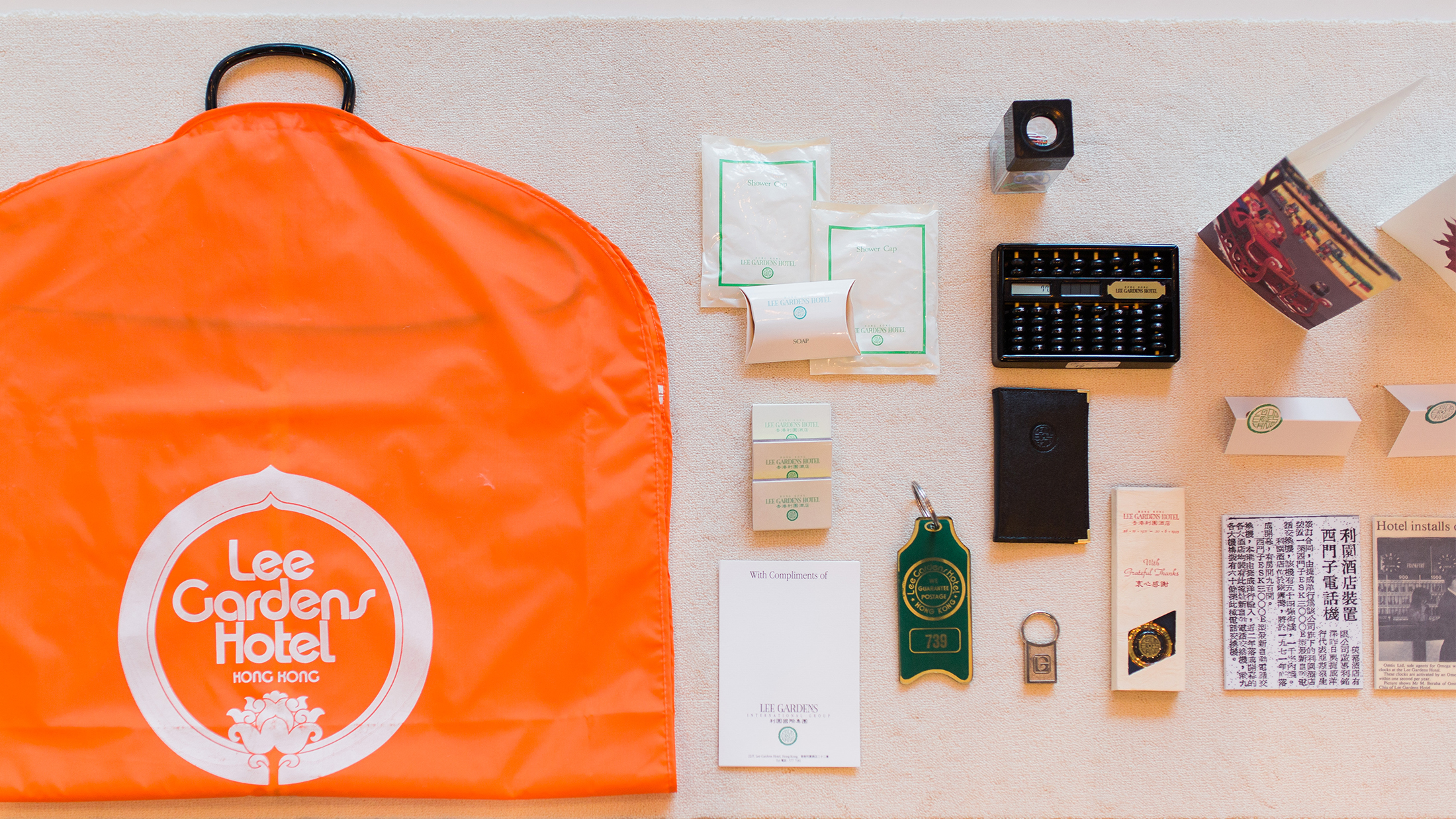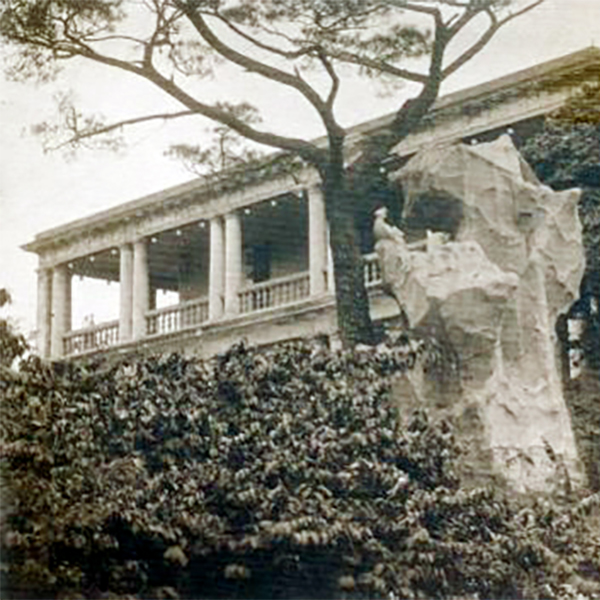“We have built a network and hub of Chinese art and culture. It was born on this hill, when my grandfather invited the poets to come here and it became a well-known place for cultured intellectuals.”
Chien credits his love and appreciation of artefacts and preserving the past to his father. “The most interesting thing I’ve collected are the wedding invitations and letters from my parents’ wedding in 1949. My father had a habit not to throw things away. For instance, I found among his belongings every passport and every diary he had used for the 50 years preceding his death neatly filed in his desk drawer.”
Chien’s father, Dr. Jung Sen Lee, was an ardent supporter of Chinese culture, heritage and the arts throughout his life. He also founded the Bei Shan Tang Foundation, which today supports scholars and museum professionals by allowing them to travel and work overseas on projects.
The foundation is named after The Bei Shan Poets Society, a group of literary and art scholars who were invited by Lee Hysan to host their intellectual gatherings at Lee Gardens in the 1920s. The view from Lee Gardens offered sweeping views of the harbour, which was often a source of inspiration for the poets.
“My father founded the Bei Shan Tang Foundation because he was very interested in Chinese art and culture,” he says. Dr. Lee was a well-known patron of the arts, serving on various councils for cultural societies in Hong Kong, most notably the Chinese University of Hong Kong’s Art Museum, where most of his collection was donated.
(Right: Poets at Bei Shan Poets Society)
